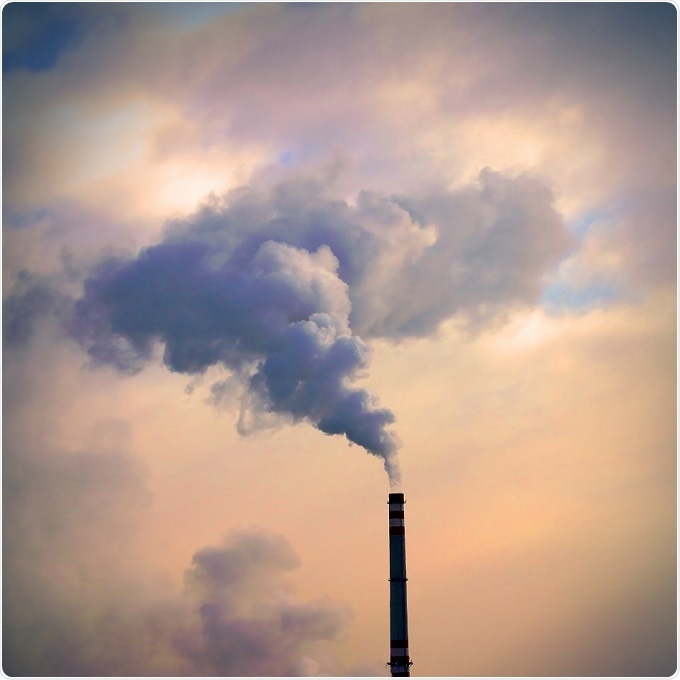Experts have warned that climate change is already having a significant worldwide impact on people’s health by increasing exposure to heatwaves, pollution and the spread of disease.
 Credit: Kletr/Shutterstock.com
Credit: Kletr/Shutterstock.com
The findings are published in the first report from The Lancet Countdown on Health and Climate Change, an annual analysis by 24 academic institutions and organisations such as the World Health Organisation.
The authors of this first report say some early adaptation efforts have been made in certain areas but that more action is urgently needed.
Estimates suggest that between 2000 and 2016, the number of adults aged over 65 who were exposed to heatwaves was 125 million and the number of weather-related disasters increased by 46%.
Increasing temperatures have also resulted in an approximate 5.3% loss in labor productivity and extreme weather events related to climate change resulted in an estimated total economic loss of US$129 billion in 2016.
Since 1990, exposure to dangerous levels of air pollution worldwide has increased by 11.2%, with recommended levels of PM2.5 being exceeded in 71% of 2,971 cities.
The transmission rate of some mosquito-borne diseases has also increased, with the vectoral capacity of just one type of dengue-carrying mosquito having risen by 9.4% since 1950 due to increasing temperatures.
In 30 Asian and African countries, the number of undernourished individuals has risen from 398 to 422 million since 1990.
The generation of renewable energy has increased, as has the use of electric cars and health adaptation spending. Academics say this suggests that momentum is building, but that further progress urgently needs to be made.
Co-Chair of the Lancet Countdown, Antony Costello from the World Health Organization says the outlook is challenging, but that there is still an opportunity to turn a looming medical emergency into the most significant advance for public health this century.
Costello hopes governments will take steps to tackle the cause and impacts of climate change: “We need urgent action to cut greenhouse gas emissions. The health and economic benefits on offer are huge. The cost of inaction will be counted in preventable loss of life, on a large scale."